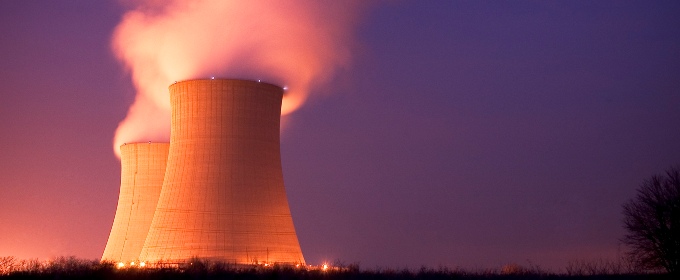The rise of ultra-fast fashion is fuelled by over consumption and increasing demand for cheap new items of clothing. Fashion retailers’ requirements for both speed and low cost production has resulted in low wages, illegal migrant workers and more recently a greater risk of exposure to COVID-19. In this blog, Dr Amy Benstead, Lecturer in […]









